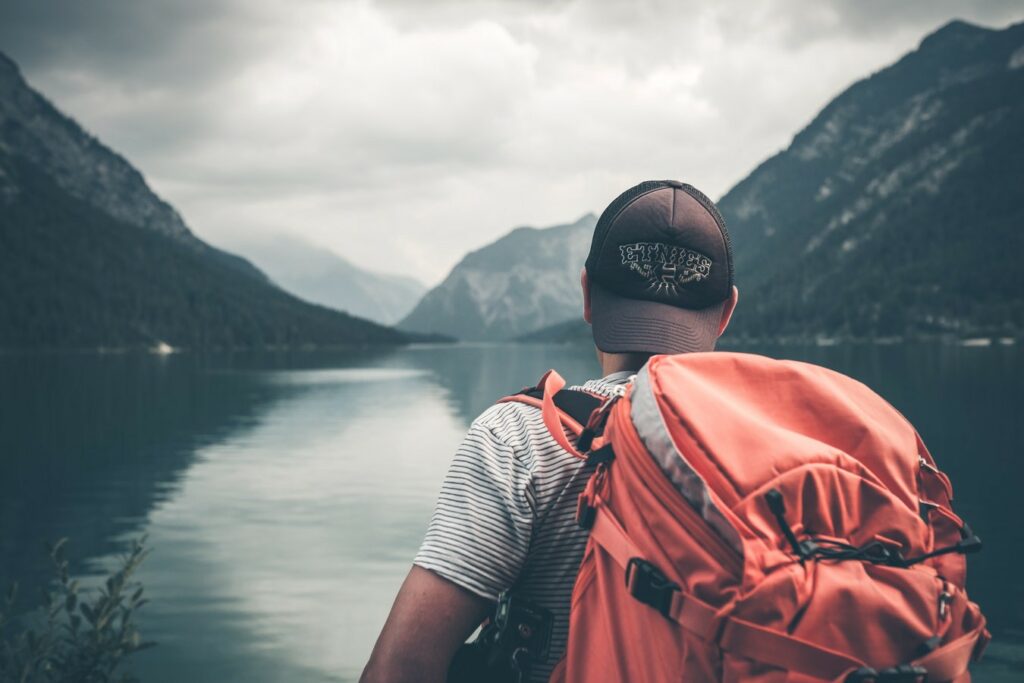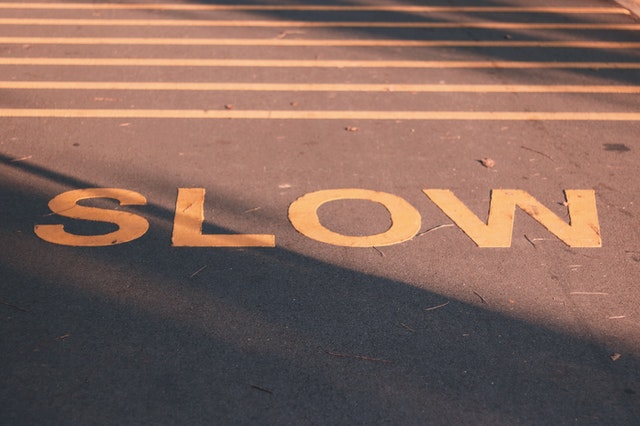By Eleni Papageorgiou,
Slowing down life’s pace is the ultimate goal of the “Slow” movement, which has developed into a subculture in various areas of life. Back in the 1990s, Carlo Petrini started a protest against the way people ate in restaurants like McDonald’s. He was the founder of the slow food movement, which sparkled many other thinkers and activists to apply the “slow” culture to a multitude of aspects of life.
Once Mahatma Gandhi affirmed, “There is more to life than simply increasing its speed”. We are getting to appreciate the true meaning of Gandhi’s sayings. After the hectic lifestyle of the last decades, there comes the time when lots of people start twisting the way their lives run and adopt a slightly or sometimes totally different lifestyle.
Inspired by Petrini’s movement, artists around the globe got together to talk about where art is heading. Mass production of paintings, sculptures, jewelry, movies, etc. does not highlight the artist’s unique qualities, whilst artistic products are undervalued. By allowing artists to work on their own pace, their uniqueness will surely come to surface. The latter will be appreciated by art gallery visitors who will look closely and attentively for 10-15 minutes at each exhibit, and not just get a glimpse of the items exhibited. Slow movies will also get more spectators if more and more people deny movies full of vice, fast motion, blood and brutality. Theo Angelopoulos’s movies are characteristic of this kind. The spectator is sensitized so as to admire every single shot, the photography, the scenery, the music, etc. of the movie.

Education is also an area that needs to slow down. Parents usually try to have their kids involved with various activities, so as to eliminate the risk of boredom or hanging-out with risky mates. According to advocates of the slow education movement, pushing a child or an adolescent to acquire more knowledge should not be the point. Reading should become a very pleasant pastime and be fulfilling. Thus, by reading a text slowly, you dig deeper and grasp the full meaning of it. Socratic walks are also recommended, discussing and analyzing a subject in depth. Helicopter parenting – i.e. supervising your child’s progress at an institution – should be abolished. We must all allow children to explore the world they live in at their own pace. Overloading children with after school activities every day, even at weekends, in order for them to gain knowledge and experience, is discouraging.
Not doing much is not a wrong doing. We should all have the free time we need and move afar from workaholism. Today, the majority of the Earth’s population has lost quality in their lifestyle. Working long hours, obtaining material goods and status, have led many people to forget what simplicity means in life. A balanced life and a holistic sense of well-being should become the target points in our life. Why buy and consume so many goods? Take a close look around you and count the items you have and seem to be useless. I suppose everyone has been tempted in their life to buy several things that later on turned out to be useless. Why so much consumerism? Open your wardrobe and pick the items you usually wear and you are pleased with having them. Few, I guess! The rest are quick buys for the sake of fashion, peer pressure, showing-off, and could have been avoided.
Bulk fashion is cheap fashion. This does not mean you must follow every silly trend and give money for something that is of cheap quality and produced in huge amounts. Shipping costs are huge, and the footprint for the shipping of goods is also huge. You can alternatively support small enterprises, even local ones, which are striving to make their presence felt and are committed to quality materials and unique designs. Support enterprises devoted to sustainability, craftsmanship, and localism because this philosophy will surely have a positive effect on our planet.

Slow travel is also recommended. This means, instead of a fast and furious globetrotting, we can choose to spend time with locals, discovering their culture, and having a closer look at their lifestyle. Local cultures are then appreciated and you get a fulfillment from your travel. Immersing oneself into a destination can turn a regular trip into a totally different experience. Slow travel shows common characteristics with ecotourism, where advocates combine environmental awareness and a strong engagement with local communities.
The slow ageing approach is characterized by the notion that ageing is a natural process and we should enjoy every single part of it. Interventions such as anti-ageing treatments should not concern us, because loving yourself is crucial for your overall well-being. Do not be tempted by commercials and advertisements that promise eternal youth and shining beauty. Let your body age and accept that every stage of your life span has its beauties and its limitations.
We can go on describing various other strands of life where the adjective “slow” has been attributed and the multitude of manifestos that have been made public.
Dominique Bertolucci’s book titled “Less is more” shows the reader how to find enjoyment in simple things that really matter. She urges us to follow a way of living based on simplicity. Buy less, spend less, do less, and enjoy life more. This is the motto we now need to adopt to – eventually – take our lives back.
References
- Slow Food USA, The Slow Food Manifesto, Available here
- Μουλάκη, Ε., Less is More ή Αδειάστε για να νιώσετε πιο γεμάτοι, Available here




